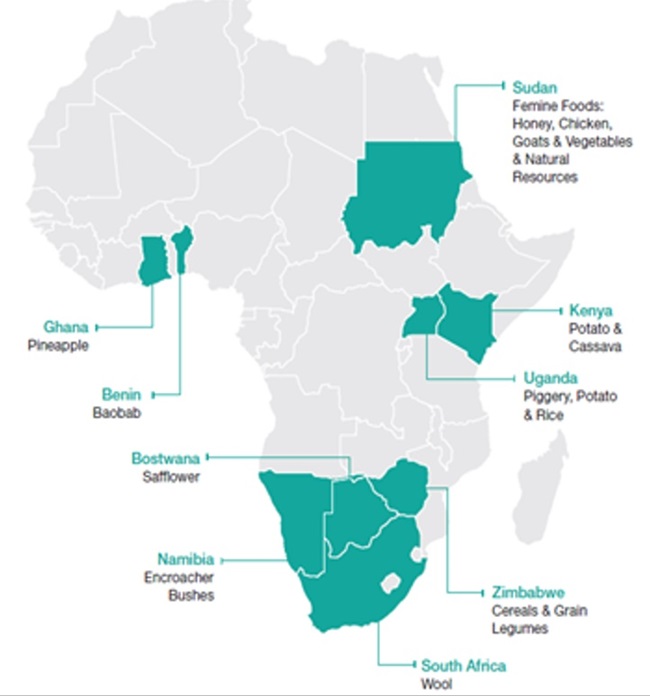Building Resilient Communities
The agricultural sector, together with agribusiness are projected to be a US$ 1 trillion industry in Sub-Saharan Africa (SSA) by 2030. It should thus be given priority in the agenda for economic transformation and development. Agriculture has the potential to reduce poverty and improve food security more than any other sector of the economy. African universities have a direct role in contributing to the agricultural transformation, growth and development. Indeed, the role of universities in advancing knowledge and research, promoting social mobility, fostering critical thinking and diversity, and serving the community cannot be overemphasized
Knowledge-based agricultural economies necessitate interdisciplinary collaboration among academics, governments, multilateral organisations, communities, businesses, and finance to focus on high-impact interventions. This approach aligns with the global academic agenda of fostering transdisciplinary approaches to position a whole ecosystem of knowledge actors to focus on the same development challenges.
We recognize that the pressures to agriculture in Africa—climate change, land degradation, population pressure, market fluctuations, and limited access to finance and technology expose the vulnerabilities in the agri-food system sector. More so in an era where, young people who constitute the bulk of the population are moving out of agriculture spaces. Building resilient communities in Africa requires a bold transformation of agriculture. RUFORUM's network is well-positioned to harness the potential of transdisciplinary research to address these challenges through initiatives that transform agriculture— creating opportunities for youth and women and making agriculture more attractive to the youth. The recent growth of enterprises in the African region, primarily driven by young people, has demonstrated the potential of youth as drivers of Africa's growth. The Transforming African Agricultural Universities to Meaningfully Contribute to Africa’s Growth and Development (TAGDev 2.0) is a ten-year partnership between RUFORUM and Mastercard Foundation. The programme seeks to strengthen universities and TVET institutions to better serve communities by skilling and empowering Africa’s young people and their institutions to drive inclusive, equitable and climate resilient transformation of agriculture and agrifood systems. HAE institutions generate learning, products, services, and processes that meet the needs and aspirations of agri-food system actors and contribute to catalytic transformation and shared prosperity in communities and societies.
Other initiatives transcending boundaries in transformative education with a problem/challenge-based learning focus have adopted pedagogy grounded in community needs for agricultural transformation. These include:
- Strengthening Agricultural Value Chains for Community Transformation in Africa (SAVACOT, 2023-2025). (BADEA).
- Climate-Smart Agropreneurship Education for Livelihood and Sustainability in Eastern and Southern Africa (AgrGROW).
- Enhancing Adoption of Competence Based Agricultural curricula in HEIs in East Africa (AgrCBE project). (Link)
- Problem based learning Bioeconomy Entrepreneurship and Capacity Building Programme in Africa (PBL-BioAfrica, 2020-2024).
- Climate-Smart Agripreneurship Education for Jobs and Sustainability in Western Africa (AgrBizz, 2024-2026).
- African BlendEd Course: novel pedagogies boosting employability and socio-economic prosperity.
- Strengthening capacity for university research to create business products and services for job creation in sustainable agriculture and food systems. (Link)
- Commercialization of Academic Research Innovations (CARI, 2023-2025). A partnership project Government of Uganda through the Science Technology and Innovation (STI) Secretariat.

